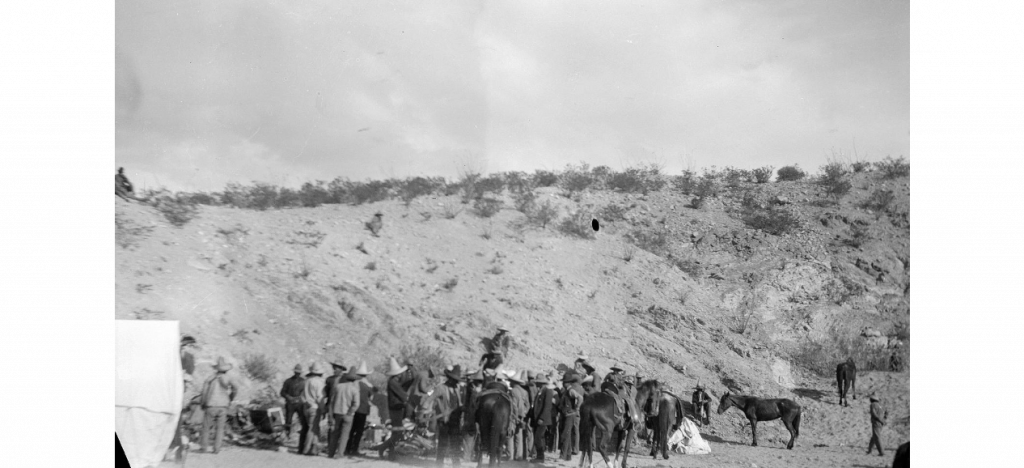Interview with Pablo Miguel Sierra Silva, author of “Afro-Mexican Women in Saint-Domingue: Piracy, Captivity, and Community in the 1680s and 1690s”
By Samantha Davis Pablo Miguel Sierra Silva is assistant professor of history at the University of Rochester. He is the author of Urban Slavery in Colonial Mexico: Puebla de los Ángeles, 1531–1700 (Cambridge University Press, 2018). His research is centered on the experiences of enslaved people, mostly Africans, South Asians and their descendants, in the cities of colonial Mexico (New Spain) during the sixteenth and seventeenth centuries. You can read his article “Afro-Mexican Women in Saint-Domingue: Piracy, Captivity, and …









